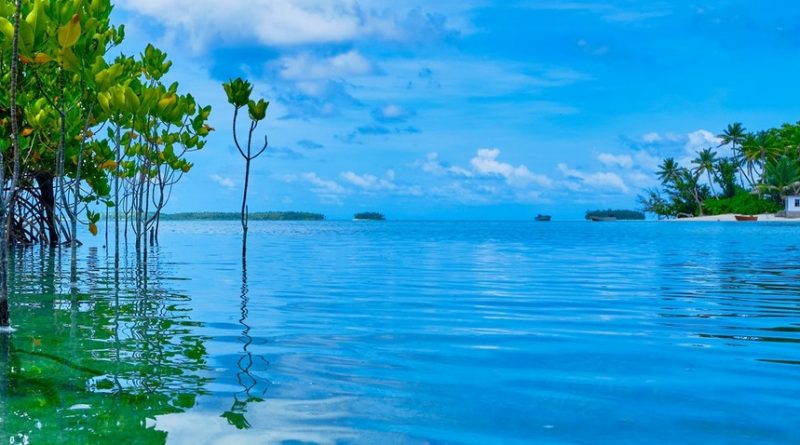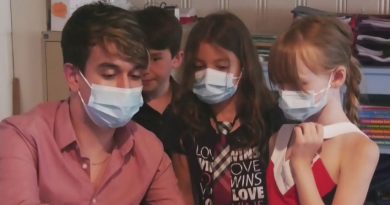Protecting our Health, Saving our #OnlyOneEarth
What does it take to achieve a #HealthierTomorrow?
Humans deal with personal battles every day. We strive to combat challenges from the individual to social levels. And as we co-exist on the same planet, we realize that there are collective battles that we need to take on together such as addressing the threats to environmental health. Planetary health crisis intersects with our overall health leading to increasing incidences of non-communicable diseases such as cancer, heart disease, and asthma.
For World Environment Day 2022, The World Health Organization (WHO) Philippines, calls for a multi-sectoral approach in strategizing our collective response to one of the greatest threats of our generation along with COVID-19 pandemic: climate change. As shown in the 2021 Climate Risk Profile Report of the World Bank and the Asian Development Bank, the effects of climate change have been projected to increase in the Philippines given that it is one of those countries with the “highest disaster risk levels in the world,” ranking 17th in the 2021 Global Climate Risk Index. Climate change and environmental issues affect Filipinos’ health through outbreaks of vector-borne diseases due to droughts and floods, heat-related illnesses, and mental health conditions from both abrupt disasters and slow-onset environmental change. These public health issues brought about by the climate crisis greatly impact the socio-economic and social well-being of the people as mentioned in the 2017 Philippine Climate Change Assessment Report.
In 2020 and 2021 – two of the seven warmest years on record – extreme droughts, heatwaves, typhoons, floods, and wildfires challenged the ability of health systems in the Western Pacific region to protect and save lives from COVID-19 while simultaneously responding to climate-related emergencies.
“The COVID-19 pandemic has been a tragic reminder that our collective well-being is only as good as the state of the planet. The impact of the climate crisis can no longer be denied. Access to clean water, air, and food will continue to worsen for many families and communities. Let us take action now for a future where people do not have to suffer from a degraded environment,” said Dr Rajendra Yadav, Acting WHO Representative to the Philippines.
To prioritize creating societies which protect our planet and our health, WHO has outlined a series of recommended actions that governments, corporations, health workers and health facilities, mayors, and individuals can take to protect the health of the planet and its people.
Governments need to tax polluters, incentivise carbon reduction, and adopt WHO’s green manifesto, while local chief executives have to consider investing in building new bike lanes, renewable and clean energies, and footpaths, and protecting biodiversity and creating green public spaces.
In the private sector, corporations can come up with strategies to reduce greenhouse gas emissions in their activities and support teleworking when possible. Health workers, on the other hand, can advocate for ways to save energy and use eco-friendly products at health facilities. Individuals and communities can take action and inspire others to choose public transport or walk or bike to work, save energy at home, buy fresh groceries from local producers, stop smoking, and patronize less plastic.
In its February 2022 report, “Climate Change 2022: Impacts, Adaptation and Vulnerability,” the Intergovernmental Panel on Climate Change also recommends investing in universal basic infrastructure, including sanitation, clean drinking water, drainage, electricity, and land-rights, as well as shifting to sustainable food systems that provide affordable diverse plant-rich diets, among others,
The COVID-19 response has shown the power of countries and communities working together. Addressing climate change – and mitigating its health impacts – requires the same level of global collaboration from individuals, communities, governments, and the private sector. There is strength in collective action. The shared vision of the various sectors is a force against the threats of climate change that affect our health.And as we strengthen our understanding of the intersections between our health and the health of the planet, let’s advocate and practice community action and sectoral representation in protecting the #OnlyOneEarth we have to achieve a #HealthierTomorrow.
Source: https://www.who.int/philippines/news/feature-stories/detail/protecting-our-health–saving-our–onlyoneearth




